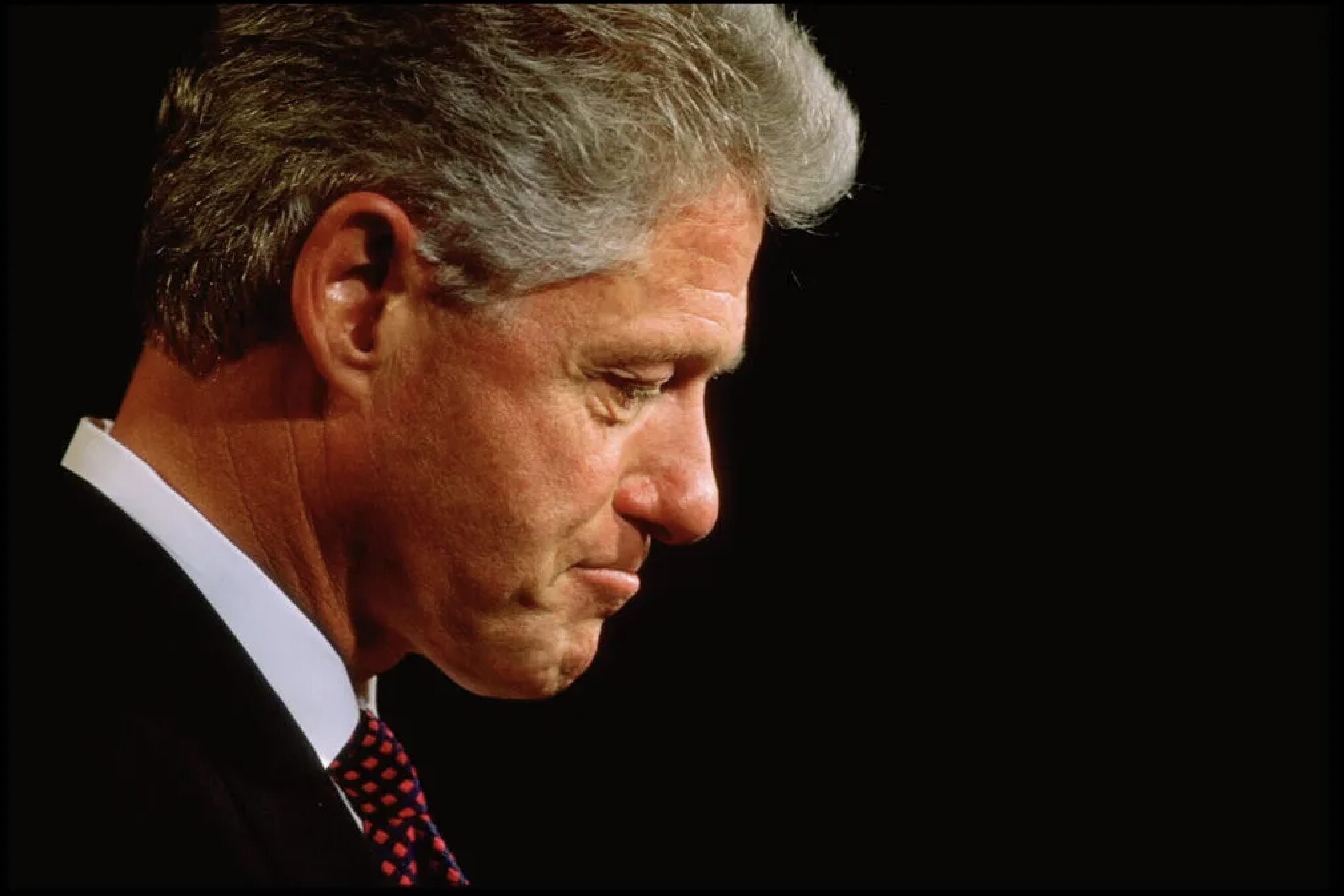Niall Ferguson Talks to Javier Milei
August 11, 2025
Written by: Niall Ferguson
The prerequisite for an economic miracle is an economic disaster. As I wrote in these pages late last month, Argentine president Javier Milei inherited just such a disaster from his Peronist predecessor in December 2023: a currency on the brink of hyperinflation, a contracting economy, a government reliant on the International Monetary Fund.
What he has achieved in the subsequent year and a half is one of the wonders of the world economy today.
But—as he himself acknowledged during our conversation last week at the presidential palace in Buenos Aires—it is too early to celebrate an Argentine economic miracle. Political obstacles remain, not just sustaining his achievement thus far, but also launching the next and crucial phase of his radical plan to make Argentina “the world’s freest country.”
The Milei I met was not what I had expected. On social media, he presents himself as a rock star, cavorting onstage, yelling into the mic, tossing his mop of dark hair. Most profiles emphasize his eccentricities, most famously the pack of cloned dogs he has named after his favorite economists.
In the crepuscular light of the presidential office in the Casa Rosada (the Pink House), where the shutters are kept closed as he dislikes bright light, he cuts a very different figure. He is soberly dressed in a dark suit and blue tie. He has a smooth routine for greeting visitors, pointing out the chainsaw that has become the symbol of his drastic cuts in government spending—as if it were time-honored presidential regalia. Photographs are taken and we sit down at a large, glass-topped table.
Only when Milei begins to answer my questions does it become clear that he is no ordinary president.
To call Milei professorial would be an insult. He has always been too much of a dissident—too libertarian on economics, too conservative on social questions—to have played any part in modern academic life. But he is, first and foremost, an intellectual, a man so in love with ideas that nothing excites him as much—certainly not the formal trappings of presidential authority. Yet he is also a man of the people, who relishes his occasional lapses into profane language. And he is learning, late in life, the realities of South American politics.
I spent an hour and a half talking to President Milei. Below is our conversation, lightly edited for length and clarity:
Niall Ferguson: What have you learned since becoming president that you didn’t know before?
Javier Milei: I always thought that politicians were truly horrid and despicable beings. When I took office after several months as a member of Congress, a journalist interviewed me and asked me what I thought about politicians. I replied that I had been wrong. And the journalist launched into a strong defense of journalists, interrupting my answer. What I wanted to say was that I had been wrong because I had fallen short of stating the full truth, which is that politicians are far worse than I could have imagined.
One of the things that bugs me about this job is that I need to spend about 50 percent of my time fighting those who lie, defame, and slander just for the sake of destroying. You know, building is very hard. Destroying is very easy. So it’s not just that you need to build and move forward. As you move forward, you also need to defend what you’re doing. And that is a great waste of energy.
NF: And do you think that the biggest threat to your reforms comes from that political opposition—principally the Partido Justicialista, the heirs of President Juan Perón’s nationalist-populist movement, which has dominated Argentine politics for most of the postwar period?
JM: It’s not just the political opposition that is destructive. We call them the party of the state, the party of government. What one needs to understand is we are fighting to change the direction Argentina was going in for the past 80 or 90 years, almost 100 years, I would even say. Basically, that means breaking up the status quo. There are many groups that benefit from the old system. This includes not only thieving politicians; it also involves crony businesspeople and corrupt media. It also involves trade union leaders. And it also involves a whole bunch of professionals who try to set the agenda, and who are also subservient to that party of the state. So obviously, whoever tries to disrupt a status quo that benefits these guys so much will always be fought by them.
If you allow me, I will now be a little crude in my manner of speaking. There’s a very famous book on economic policy in Argentina by Richard Mallon and Juan Sourrouille. It’s called Economic Policymaking in a Conflict Society. I said to Professor Juan Carlos de Pablo, when we got together on Sunday, “We need to write a new book, along the same topic line, but the title would now be Economic Policymaking in a Society of Sons of Bitches.” Fortunately, the foundations of the economy are very strong, which allows us to face these kinds of attack very confidently. But they’re desperate, it being an election year, and they’re capable of anything.
Relevant and recent posts






